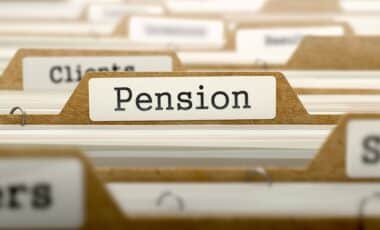Millions of claimants face fresh scrutiny as the Department for Work and Pensions cracks down on ineligible payments. Over £9 billion in overpayments and underpayments were recorded in the latest fiscal year.
The Department for Work and Pensions (DWP) is undertaking a wide-scale review of key UK welfare benefits, aiming to clamp down on fraud and reduce errors across the system. The announcement follows the publication of its latest annual report, Fraud and error in the benefit system, covering the 2024–2025 financial year.
The DWP will closely examine six core benefits to assess “unfulfilled eligibility”, a term used to identify cases where payments were made in error—whether due to misinformation, omissions or internal mistakes.
Review Focuses on Six Benefits Following £9.5 Billion in Errors
According to the DWP, a total of £9.5 billion in incorrect payments were made during the 2024–2025 financial year. This figure, representing 3.3% of total welfare expenditure, includes both overpayments and underpayments, and marks a slight decrease from the previous year’s £9.7 billion, or 3.6%.
The department’s focus will be on six benefits:
- Universal Credit
- Housing Benefit
- Pension Credit
- State Pension
- Personal Independence Payment (PIP)
- Disability Living Allowance for children
These were selected for closer analysis through a sample-based review process due to the scale of payments and their susceptibility to eligibility changes. The DWP clarified that many errors stem from claimants failing to report changes in their circumstances or providing inaccurate information.
“Sometimes people tell us the wrong information or do not tell us when their circumstances change,” the report notes.
This can affect the benefit amount they receive and lead to either unjustified increases or missed entitlements.
Understanding the Three Categories of Benefit Errors
The DWP distinguishes three distinct types of irregularities in its review: fraud, unfulfilled eligibility and official error. Fraud involves deliberate misrepresentation where the claimant knowingly receives benefits they are not entitled to, and where payment is stopped or reduced after investigation.
Unfulfilled eligibility is defined as a claimant error without fraudulent intent—such as failing to report a change in employment or family status. This remains the most prevalent form of overpayment across the benefits system.
Official error, on the other hand, refers to mistakes made within the DWP, local councils, or HM Revenue and Customs, where the claimant has not contributed to the mistake.
The department stresses that it cannot properly calculate or adjust benefits unless full and accurate information is provided. The next annual report, due in May 2026, will assess the effectiveness of these investigations and whether increased scrutiny leads to a measurable reduction in financial mismanagement.









